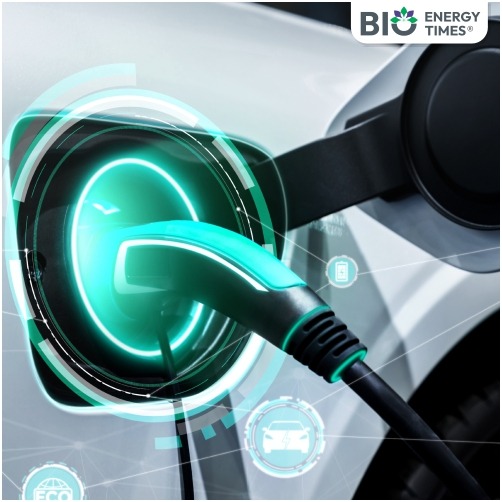In a major step towards eco-friendly transportation, the Surat Municipal Corporation (SMC) on Friday rolled out its Green Vehicle Policy (GVP) 2025. The initiative sets an ambitious goal for at least half of all vehicles sold in the city to be electric by the year 2030, reports The Economic Times.
Replacing the earlier EV Policy introduced in 2021, the new plan expands its focus to include not just electric vehicles but also alternatives like hydrogen and biofuels. The policy will be in place for five years and includes a wide range of measures to encourage cleaner transport options across Surat.
One of the major highlights of the policy is the creation of a citywide network of more than 460 charging stations, ensuring one charging point for every square kilometre. To promote adoption, financial subsidies will be provided for commercial electric three-wheelers, light commercial vehicles, and pink e-autos operated by women entrepreneurs. Vehicle tax exemptions are also part of the incentives.
A new Green Vehicle Cell will be formed to oversee the rollout of the policy. This cell will be backed by a Green Vehicle Fund, with resources pooled from municipal funds, green bonds, corporate social responsibility contributions, carbon finance, and government grants. It will include members from SMC, the Regional Transport Office (RTO), power distribution companies, traffic police, the Southern Gujarat Chamber of Commerce and Industry, and technical experts.
“The Green Vehicle initiative supports India’s net-zero carbon goals and lays out a roadmap for making Surat a climate-resilient and environmentally responsible city,” said Rajan Patel, chairman of the Standing Committee. “We want to lead the green mobility shift in the state through innovation, cooperation, and active public involvement.”
The policy also aims to develop dedicated green zones and mobility corridors to cut pollution levels. Local production and assembly of green vehicles will be promoted, and provisions for battery recycling have also been included. Plans for expanding into hydrogen and biofuel technologies are in the pipeline, with a roadmap focusing on infrastructure and demand generation.
To make EV usage more convenient, a digital ecosystem will be built, including a mobile app and a web portal to connect users with services and updates. The public-private partnership (PPP) model will be used to develop the city’s charging infrastructure.
To showcase advancements in green vehicle technology, the city will host a Green Vehicle Expo on September 8, highlighting innovations in transportation and charging solutions.















